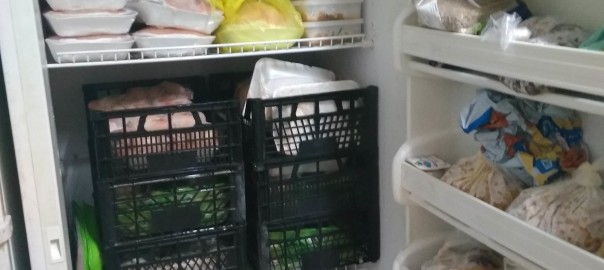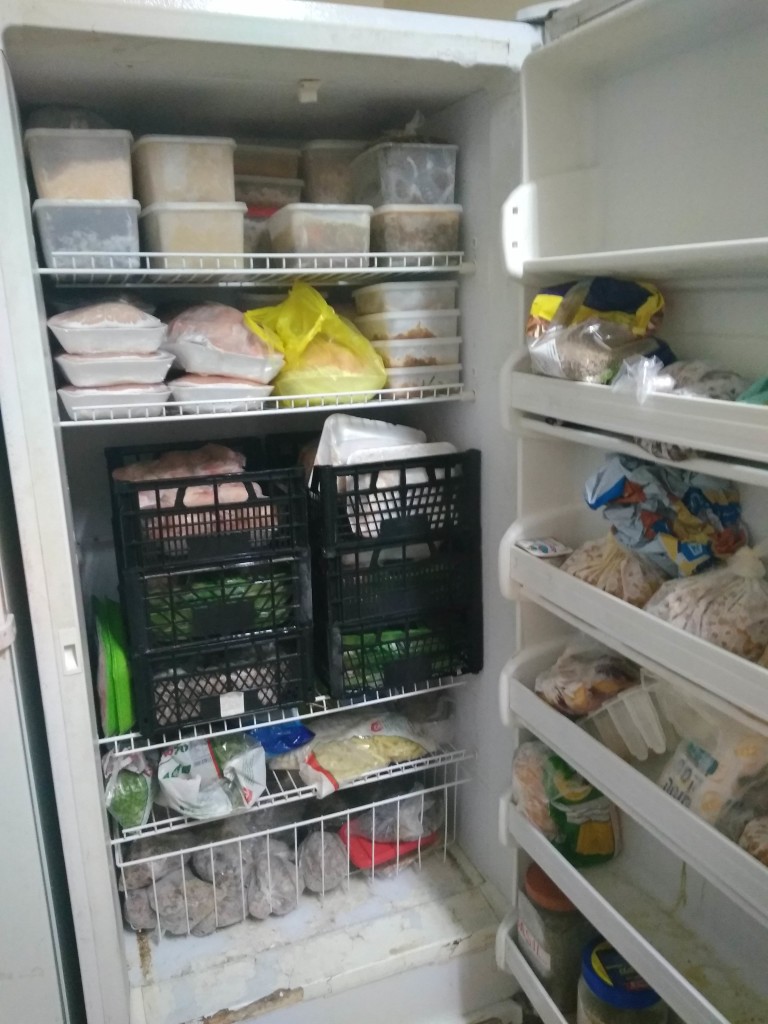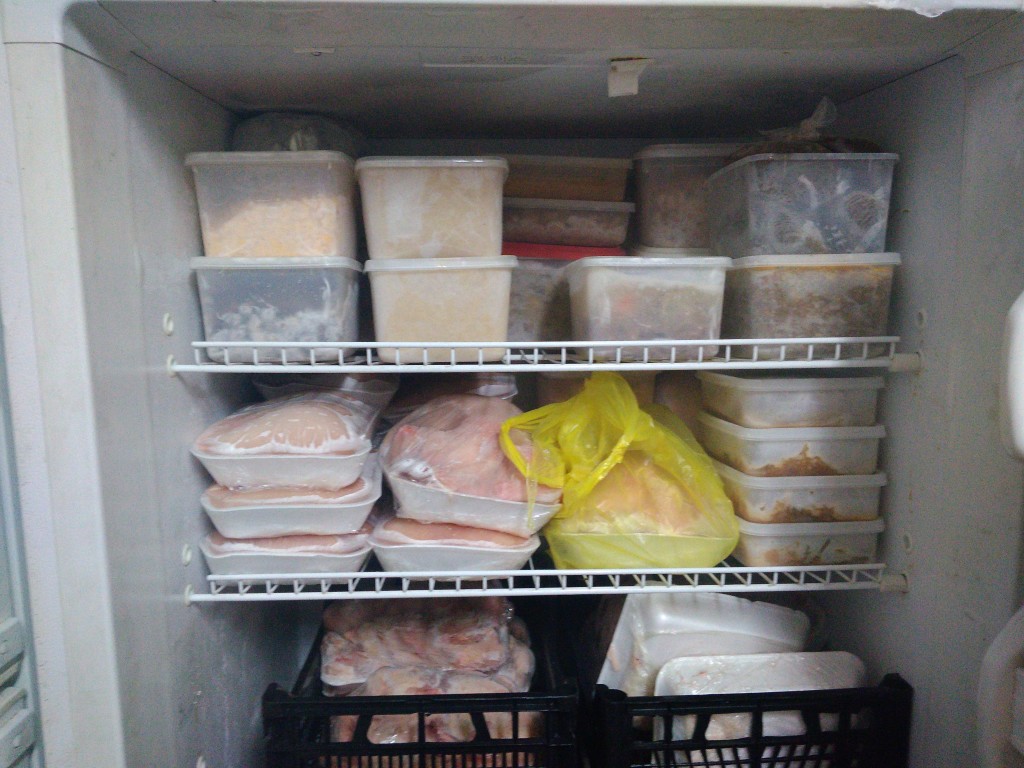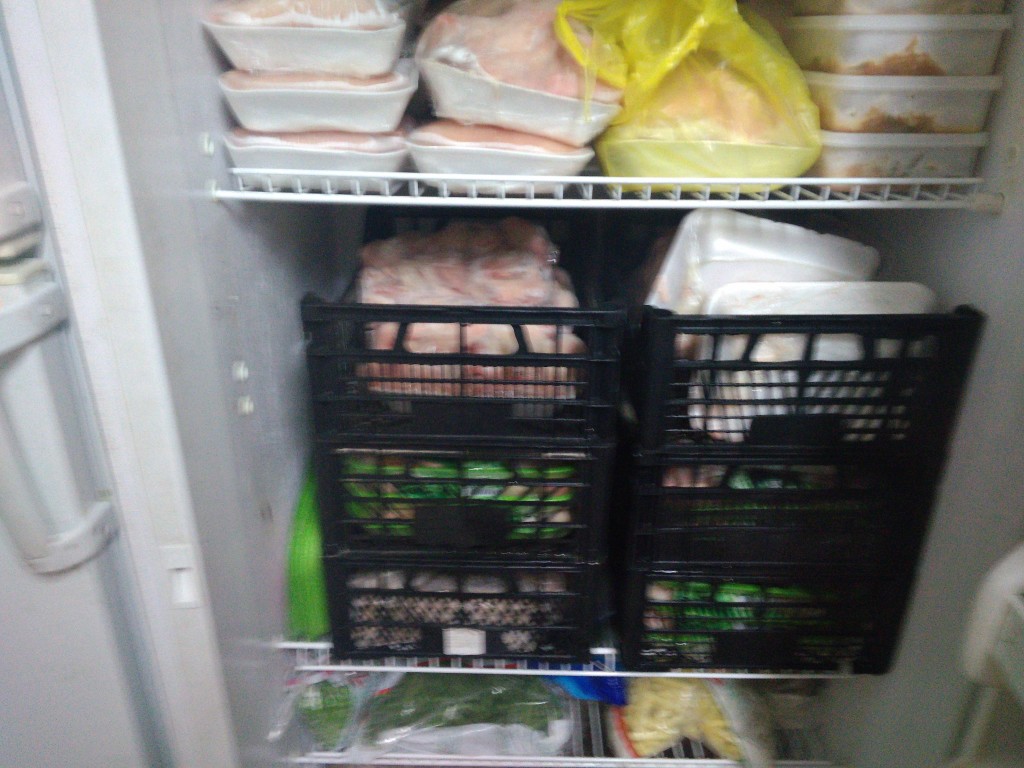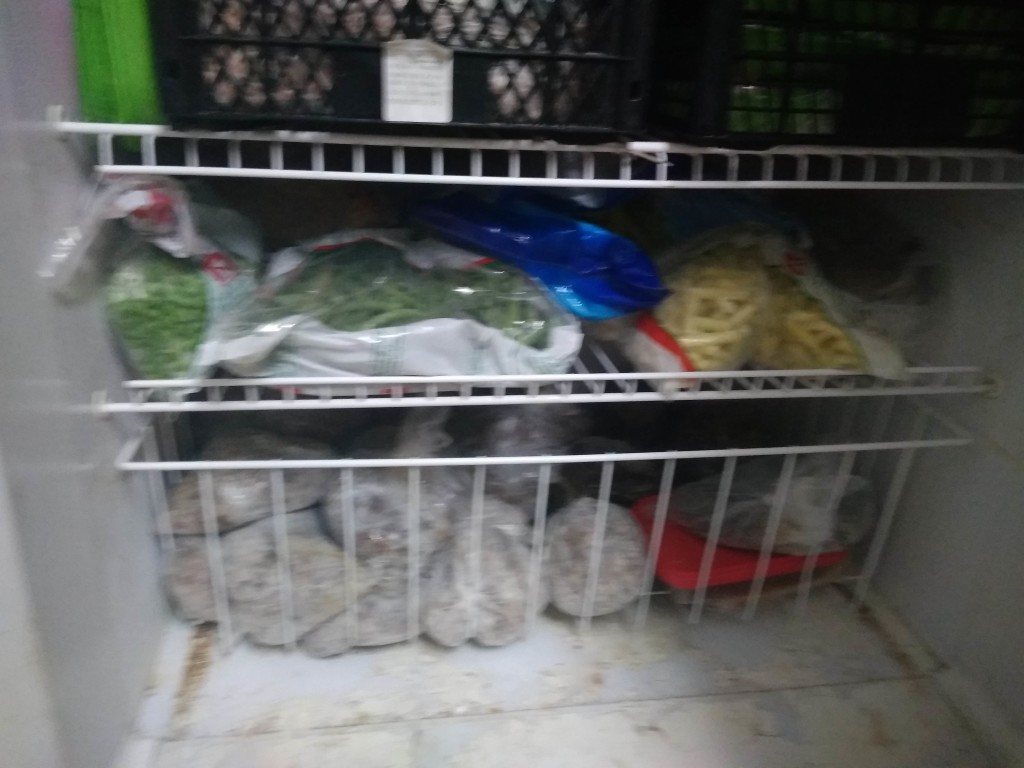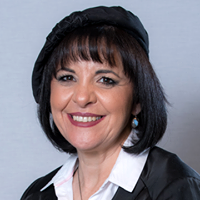Early this week I got a ride from Jerusalem with someone who runs an organization to help children with language based learning disabilities. She had attended the same meeting I did, where we listened to a lawyer describe the recent changes to the inclusion laws and how that will affect children with different needs.
After our official meeting last year with officials at the Ministry of Education, we received a one year authorization to homeschool. Last week three representatives came to our home to speak to me and the kids.
Overall it was okay, but one thing that I was bothered by was a comment to one son. One representative asked him if he reads for fun, and he said not so much. She told him, “You need to work hard.”
I told the Ministry representative, he does work hard. And she said, “Yes, but I mean with reading.” I could have smacked her for saying that to him. She has no concept how hard this child has worked and continues to work every single day.
He’s up doing his academic work every morning well before she ever gets into the office! After tremendous consistent effort (on his part and my husband’s part) he’s reading in Hebrew and English, more and more fluidly all the time. He’s felt so positively about his accomplishment, and been so excited and motivated about all the things he can learn now that he can read independently! And for someone to just throw judgment and criticism on him just casually like that was really upsetting.
It was interesting to hear how kids with reading challenges are serviced in school from someone who works with this all the time. The dyslexia expert told me that although dyslexia is extremely common (1 in 5 students), these learners are extremely under-served. (Since my son was never diagnosed, I can’t say he has dyslexia, but that’s the assumption I operated under when choosing resources to support him.)
Firstly, the kids in school with language difficulties get hardly any extra support. (All of this is me sharing what she said, not my opinion.) I just learned at this meeting that the most they can get from the government is 2 hours a week, if they can prove they need it. If they do get the additional support, it often does more harm than good, as extra tutoring is provided by those who don’t know how to teach to a child with dyslexia.
Despite the extra time, the child still doesn’t learn and feels even worse about himself, because it confirms that there’s something really wrong with him since even with this extra tutoring he’s not successful. Very often these kids don’t learn to read.
As a result, these kids very often fall between the cracks, despite usually being very bright. They tend to have low self esteem and feel like failures. That’s the typical trajectory.
To me what has been an especially significant accomplishment has not just been watching my son overcome his challenge with reading. That’s been major. But, much, much more significantly to me, he’s had a healthy and positive self image of himself as a bright and capable person throughout it all.
And if you think it’s been easy even as a homeschooler to not be reading until a later age, it’s not. He could see that other kids could read much earlier and with much less effort than him. And the natural conclusion is to feel, ‘something must be wrong with me’.
We’d talk about everyone having his own timeline to learn things, and how some things are easy for one person and hard for another. Everyone has things that come easily for them and things that are hard for them. (He was able to see examples of that from his own life – there are many things that come easily for him.)
My son being a happy and curious learner isn’t something that people would question as being unusual. But for someone facing his challenges, it is.
Sometimes as a parent, you don’t get the feedback you’d like from the outside, and you have to recognize your own successes and pat yourself on the back for the things no one else knows you did.
There are plenty of days that I think I should do more or be more in some area or the other for my kids. So I really appreciated that night in the car, listening to an overview of what the typical experience is for kids in the school system.
Avivah
